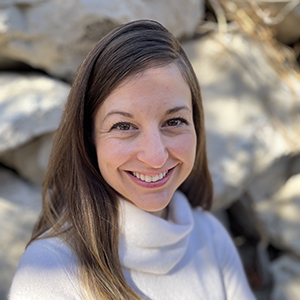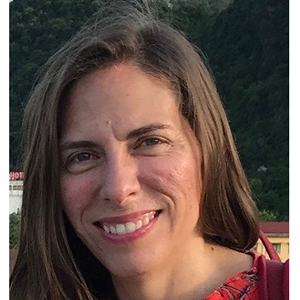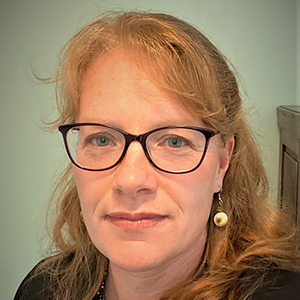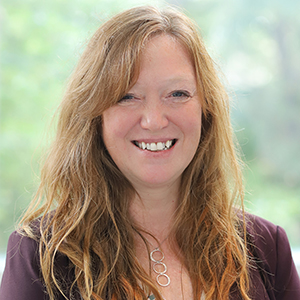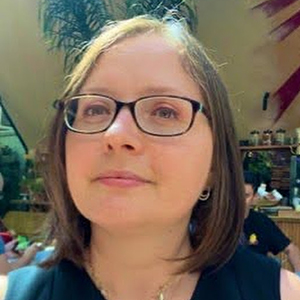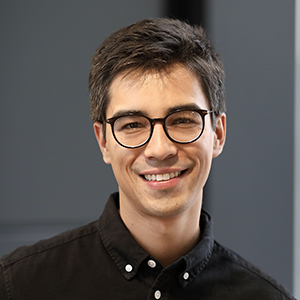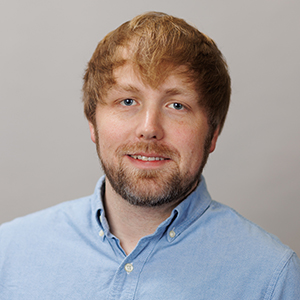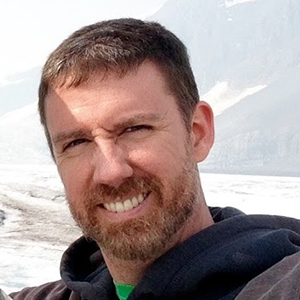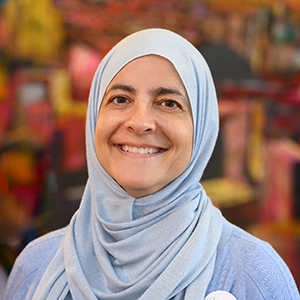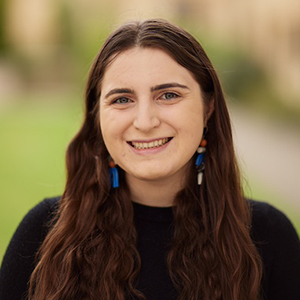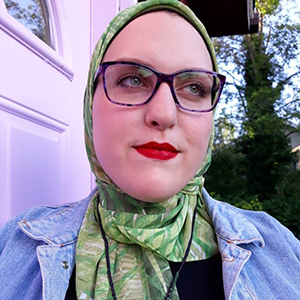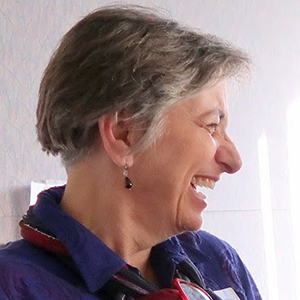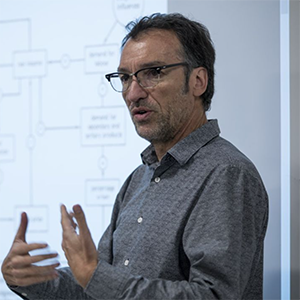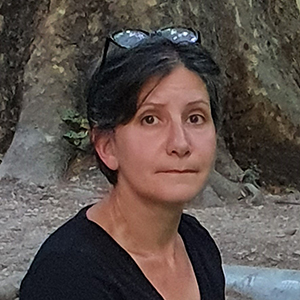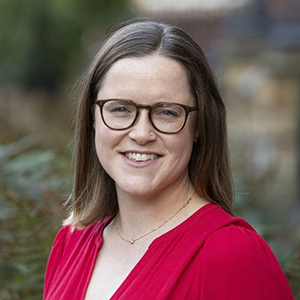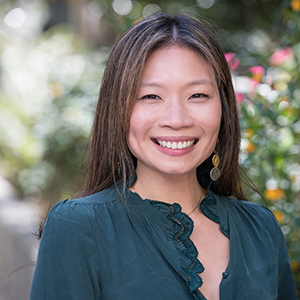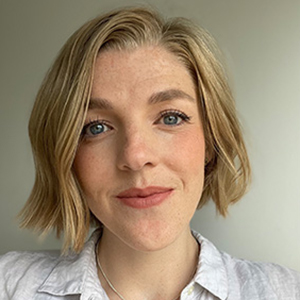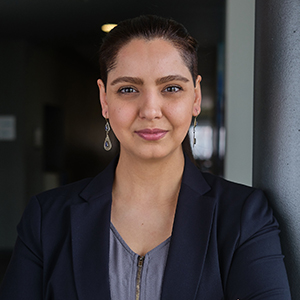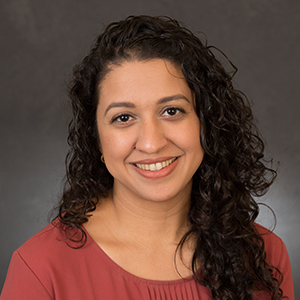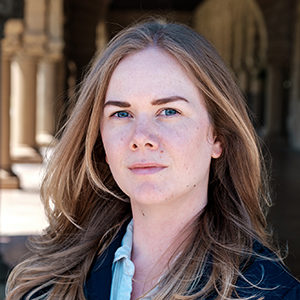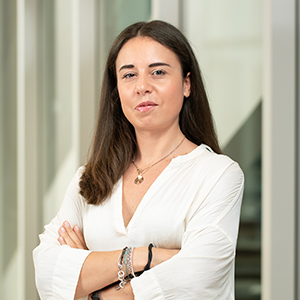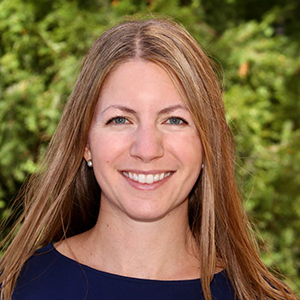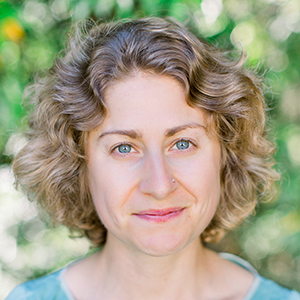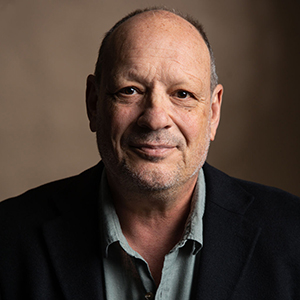People
Directors
Dr. Koning is a population health scientist. She uses life-course frameworks to study biopsychosocial determinants of maternal and child health; structural violence and social stress; and the health implications of conflict, migration, and displacement. She has led or co-led multiple data collection projects using survey, interview, and ethnographic methods, and uses quantitative analytical techniques from biostatistical, epidemiological, and quasi-experimental study designs. Her work spans local, global, and international border contexts including Northern Nevada, North America, and Southeast Asia.
Kim Korinek is a Professor of Sociology at the University of Utah in Salt Lake City, Utah. She currently directs the University of Utah’s Asia Center, a Title VI National Resource Center for Asian Studies. Korinek’s research focuses upon aging and the life course, international migration, and health and mortality, especially among immigrants and conflict-affected populations. She is the principal investigator of the NIH-funded project “Health and Aging Post Conflict: War’s Enduring Effects among Survivors in Vietnam.”
Dr. Williams is Professor in the Department of Sociology and the Jackson School of International Studies. Williams research focuses on migration, demographic change, fear of violence, and mental health during armed conflict and climate change. She uses statistical analysis of survey data and computational simulation methods, with a strong base in fieldwork. Her work is based in Nepal, Cambodia, and Thailand.
Dr. Young’s work with the Vietnam Health and Aging Study investigates how early life war exposure affects health and well-being across the life course. She also conducts research into the social and economic welfare of refugees and immigrants, with a particular focus on the sources of economic inequality.
Members
Dr. Akbulut-Yuksel's research focuses on topics intertwining Labor Economics, Health Economics, and Development Economics. She has have worked extensively on understanding the causal associations between childhood exposure to warfare, persecution, immigration and children's long-term health and human capital formation. Her research also explores the potential legacies of early-life exogenous shocks caused by a mother's poor health, disease environment within the community, warfare, and sex detection on children's health outcomes at birth and later in life.
Diego is a social scientist working at the Max Planck Institute for Demographic Research in Rostock, Germany. His PhD dissertation (London School of Economics, 2019) focused on the demographic effects of genocide in Guatemala. His current focus is on the exposure to mortality and the availability of family resources over the life-course of individuals. His work combines empirical analysis, mathematical modeling, and demographic micro-simulation to study inter-generational processes.
Dr. Asi, PhD, is Assistant Professor at the School of Global Health Management and Informatics at the University of Central Florida. She is a visiting scholar at the FXB Center for Health and Human Rights at Harvard University in her capacity as Co-Director of the Palestine Program for Health and Human Rights. She also serves as non-resident fellow at the Arab Center Washington, DC, a 2023-2024 non-resident fellow at the Foundation for Middle East Peace, and a 2020-2021 U.S. Fulbright Scholar to the West Bank. Her first book is How War Kills: The Overlooked Threats to Our Health.
Matthew Blanton is a PhD candidate in Sociology and a researcher at the Population Research Center at the University of Texas at Austin. His work focuses on migration, health, and politics in Latin America, with current research examining forced migration from Central America. He has published in International Migration Review, BMC Public Health, and PLOS ONE, and his public scholarship has appeared in venues such as The Boston Globe and The Hill. Matthew previously co-led a nonprofit in Quetzaltenango, Guatemala, and worked for the National Immigration Forum.
Dr. Clarkin has worked with Southeast Asian refugee groups (Hmong, Lao, Khmer) and explored how their conflict-related experiences have become embodied. With that background, he has started teaching a class on war and health and written additional articles on the subject.
Rana Dajani is currently a Yidan Global Fellow at Harvard Graduate school of Education, a professor of molecular biology at the Hashemite University in Jordan. Her area of expertise is epigenetics and biomarkers of trauma among refugees. Through her leadership, she has introduced national and regional stem cell laws and presided over numerous scientific boards and United Nations councils, most recently as the President of the Society for the Advancement of Science and Technology in the Arab World. Visiting professor at Harvard, Yale, MIT, Jepson School of Leadership and Cambridge. Rana has also been recognized as a Fulbright, Eisenhower, Robert Bosch, Ashoka and Yale Morse Fellow. On the list of the 100 most influential Arab Women and receiving the Jacobs social entrepreneur award, Nansen UNHCR refugee award, and the Schwab Social Entrepreneur Award.
My research uses demographic and statistical methods to study human rights violations in contexts where data is messy, incomplete, or missing altogether. My dissertation work focuses on estimating the under-documentation of violence and the impacts of violence on population health in Colombia and Mexico. Additionally, I moonlight as a statistician with the Human Rights Data Analysis Group. I hold a bachelor of science degree in Statistics & Data Science and Spanish from Yale University and an MPhil in Sociology & Demography from the University of Oxford. I participated in the European Doctoral School of Demography (2023–2024).
Delaney Glass is a mixed-methods anthropologist and human biologist working in global populations. She examines cultural and biological drivers and population health consequences of early life adversity and social inequalities on child and adolescent linear growth/body size, pubertal development, mental health, and wellbeing. She uses frameworks and methods from medical anthropology, evolutionary biology, qualitative health research, and data science with specialties in secondary data analysis, team science, and primary fieldwork. She focuses specifically on populations affected by armed conflict and displacement.
Dr. Hagopian, PhD, is Professor Emeritus in public health at the University of Washington. She conducts academic work on how the maldistribution of power and wealth undermines health. She taught a class on war and health for 9 years at UW, and led a team to measure war-related mortality in Iraq in 2011. She also taught a class on homelessness, with an emphasis on causes and consequences of living unsheltered. She serves as vice chair of the editorial board of the American Journal of Public Health and received the APHA’s Sidel-Levy award for Peace in 2018. She is incoming chair of APHA’s International Health Section, active in APHA’s Peace Caucus, and a leader in the Global Alliance on War, Conflict and Health.
Dr. Heuveline's research activities include the collection, management and sharing of socio-demographic data, methodological contributions to demographic analysis, and substantive contributions to family demography. His substantive research interests center on how the childhood familial environment and the broader context in which families operate affect child wellbeing, the transition to adulthood, and health later in life. Since 2000, he has coordinated the Mekong Integrated Population-Registration Areas of Cambodia, a health and demographic surveillance project designed to study family change in the aftermath of the Khmer-Rouge regime (1975-79).
Dr. Leone's research agenda is focused around women's health to include a life course approach to the linkages between reproductive histories and health later in life and access to maternal and reproductive health care services with particular focus on abortion and caesarean sections among others. Over the last 10 years she has been collaborating with the University of Birzeit in the occupied Palestinian territory looking at issues related with health and conflict which include maternal health care, mental health and food deprivation. Her latest project looks at the impact of conflict on the onset of puberty across several countries.
Rosanna Le Voir is a Demography PhD candidate at the Department of Methodology, London School of Economics and Political Science. Her research focuses on sexual and reproductive health in displacement settings, using mixed methods. She is interested in issues of measurement and the politics of knowledge production.
Dr. Lin is an Associate Professor of Health Economics in the Institute for Health & Aging, Department of Social and Behavioral Sciences at the University of California, San Francisco. Her research analyzes factors that impact health system resource allocation and care processes as well as patient burden and healthcare disparities, both domestically and internationally. She is especially interested in examining and developing innovative solutions that may ameliorate health-related challenges faced by violence-affected individuals.
Dr. Mateo is currently the Petro Jacyk Postdoctoral Research Scholar in Ukrainian Studies at Columbia University in the City of New York. She studies protest and civil society in Eastern Europe, with a particular focus on local mobilization during times of crisis. She is currently researching how ordinary Ukrainians have mobilized in response to Russia's full-scale invasion of their country. Dr. Mateo's PhD research at the University of Oxford (2022) explored the role of networks during nationwide protests in Ukraine and Belarus. She also holds a Master's degree in Russian and East European Studies from the University of Oxford, and a Bachelor's degree in Russian, French and Ukrainian from the University of Cambridge.
Dr. Naseh is an early career forced migration scholar. She is an assistant professor and research director of the Initiative on Social Work and Forced Migration at Brown School at Washington University in St. Louis. Naseh's research focuses on refugees' social and economic integration from a multidimensional perspective. Naseh's work and research are rooted in and guided by her previous professional work experience as a staff member of non-governmental organizations and the United Nations in the Middle East and South Asia. Naseh is the co-author of Best Practices in Social Work with Refugees and Immigrants (Columbia press, 2019).
Dr. Samari is an Associate Professor and population health demographer in the Department of Population and Public Health Sciences at the University of Southern California Keck School of Medicine. Dr. Samari's research focuses on drivers of structural and social inequities and reproductive and population health. Within that scope she focuses conflict, forced migration, and health with a particular interest in populations that have been forcibly displaced in the Middle East and North Africa. She has fifteen years of experience doing health related work and research in humanitarian settings, and she is affiliated faculty with the Program on Forced Migration and Health at Columbia Mailman School of Public Health.
Through communications and research translation, Anlan works to educate health professionals on issues of peace. A former epidemiologist and journalist, she earned her Masters degrees in Peace Studies and Public Health from the University of Belgrade and the University of Nebraska Medical Center, respectively. She is based in the San Francisco Bay Area in California.
Dr. Signe Svallfors is a postdoctoral fellow with the Department of Sociology at Stockholm University. Before this, they served as a postdoctoral fellow with the Department of Sociology at Stanford University and the Department of Global Public Health at Karolinska Institute. Dr. Svallfors has previously been a visiting researcher at Columbia University and the College of Mexico. Dr. Svallfors’ research focuses on the impact of armed conflict and violent crime on sexual and reproductive health, rights, and justice, particularly in Latin America.
Puk Teerawichitchainan is Associate Professor of Sociology at the National University of Singapore. She received her Ph.D. from the University of Washington, where she completed a dissertation on the impact of the American war (1965-75) on the transition to adulthood among northern Vietnamese population. Her current research examines the roles of family, policy, and social structure in shaping the life course and well-being of older adults in the Asia-Pacific region, particularly Southeast Asia. This includes two ongoing studies: (1) the long-term impacts of war exposure on the health and well-being of older Vietnamese war survivors and (2) childless aging in Singapore and Thailand.
Dr. Torrisi's research focuses on the demography of crises and violence. She is particularly interested in issues of family formation, sexual and reproductive health and population change in contexts affected by armed conflict and disasters. Part of her research examines the consequences of armed violence on the other forms of violence, including domestic abuse and obstetric violence.
Dr. Treleaven studies the mechanisms through which family and community context shape health, healthcare utilization, and health disparities in early childhood. She also evaluates interventions related to maternal, newborn, and child health. Dr. Treleaven is interested in how armed conflict affects health service delivery and utilization for maternal and child health. Her current work in this area includes a project assessing the effects of armed conflict in Mali on antenatal care, facility delivery, and child health in the context of a community health worker intervention.
Dr. Wild is a General Surgery Resident at the University of Washington whose works focuses on improving humanitarian response to civilian casualties in conflict settings. Her clinical interests are in trauma surgery and critical care. Her research examines the epidemiology of civilian conflict casualties, standardization of data collection and risk stratification among humanitarian actors, mitigation of civilian harm from explosive weapons emphasizing vulnerable subpopulations such as pediatric victims of blast injury, as well as methods to increase inclusion of nomadic pastoralists in health campaigns.
Zachary Zimmer is Professor of Aging and Family Science and a Canada Research Chair in Global Aging and Community at Mount Saint Vincent University in Halifax, Canada. His research applies a global demographic perspective to an eclectic range of concerns of health and wellness of older persons worldwide. Recent endeavors include investigating religiosity and spirituality among older adults, effects of early-life wartime trauma on later-life health, trends in chronic pain, and intergenerational relationships in societies undergoing socio-demographic change. He has published well over 100 articles in journals that cross disciplines, such as gerontology, sociology, demography, public health, medicine, and epidemiology.

